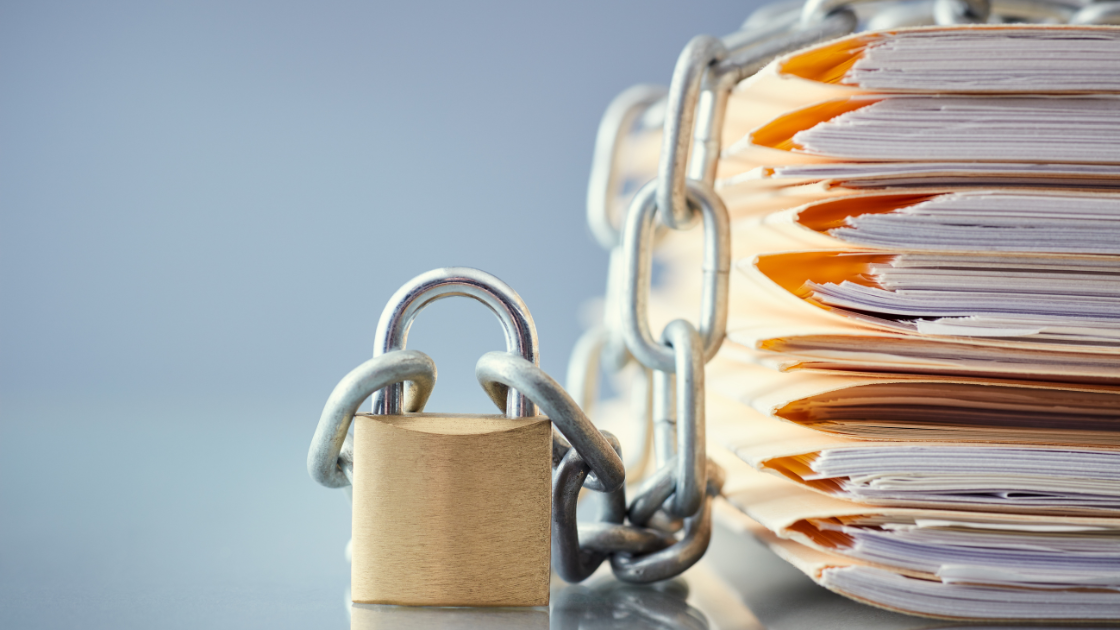
October 03, 2025
California’s Confidentiality Rules for Lawyers Stand Apart
Lawyers frequently cite California’s confidentiality rule—California Rules of Professional Conduct Rule 1.6— as the strictest in the nation. How does it differ from the ABA Model Rule? In three ways.
- First, California’s Rule 1.6 is supplemented by California Business & Professions Code § 6068(e)(1), which requires lawyers to “maintain inviolate the confidence, and at every peril to himself or herself to preserve the secrets, of his or her client.” The Model Rule simply bars lawyers from revealing “information relating to the representation of a client” without informed consent unless disclosure is impliedly authorized or permitted under one of its enumerated exceptions.
- Second, California’s confidentiality rule has only one exception permitting disclosure: “to the extent that the lawyer reasonably believes the disclosure is necessary to prevent a criminal act that the lawyer reasonably believes is likely to result in death of, or substantial bodily harm to, an individual[.]” The ABA Model Rule, in addition to permitting disclosure “to prevent reasonably certain death or substantial bodily harm,” also enumerates six other exceptions permitting disclosure (including to prevent financial harm and to seek legal advice).
- Third, even if you meet the exception for California’s Rule 1.6, before disclosure you first must make a “good faith effort to persuade the client (i) not to commit or to continue the criminal act; or (ii) to pursue a course of conduct that will prevent the threatened death or substantial* bodily harm; or do both” and tell the client about the disclosure. The ABA Model Rule has no such prerequisites.
